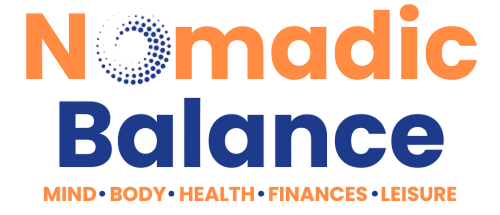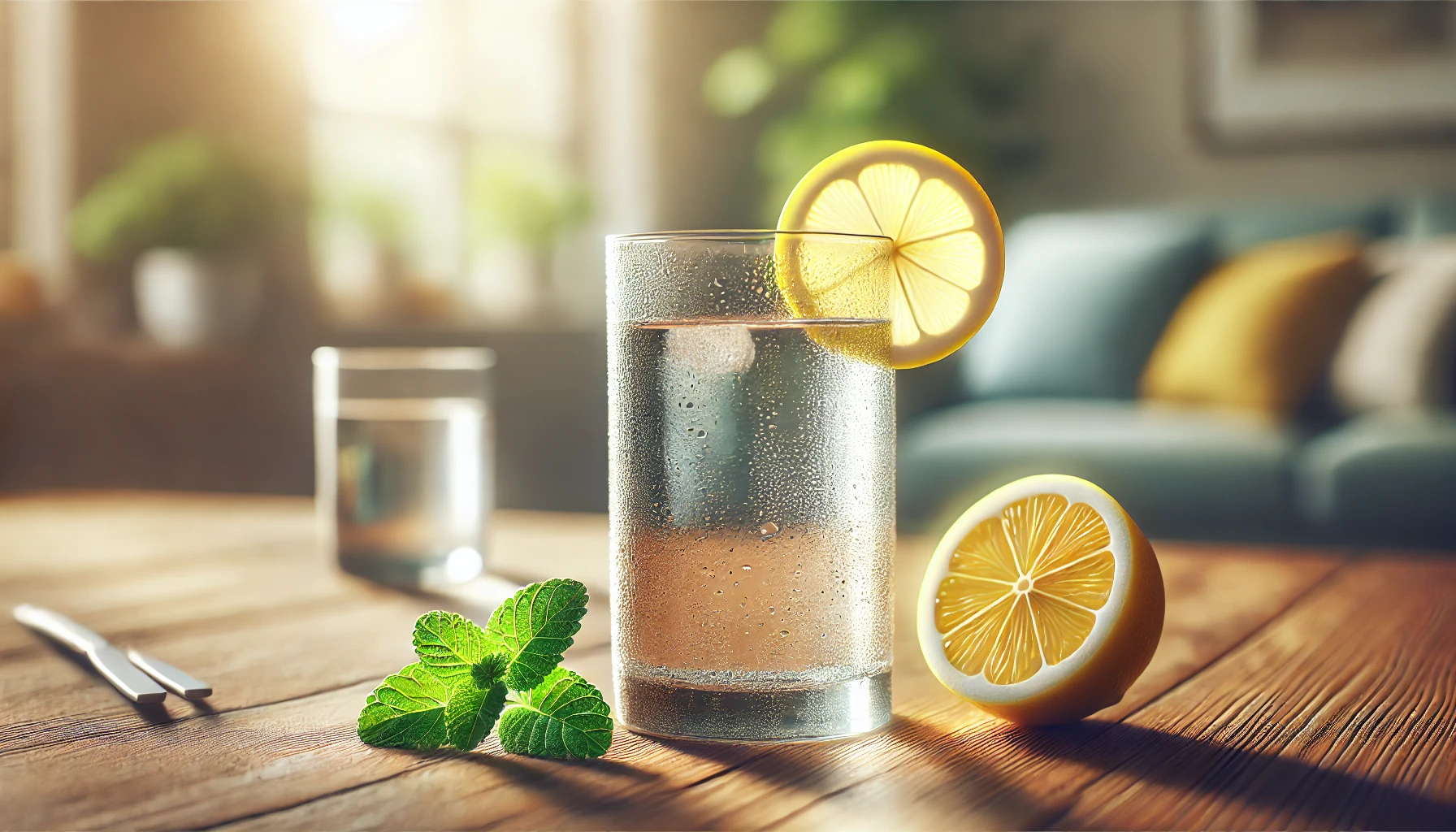Water is essential for life. Every cell, tissue, and organ in our body depends on proper hydration to function effectively. Despite this, many people do not drink enough water daily, leading to dehydration and a range of health issues. In this article, we’ll explore the importance of staying hydrated, the signs of dehydration, and practical ways to ensure you’re consuming enough water.
Why Hydration Is Essential
Water plays a vital role in nearly every bodily function. Here are some of the key benefits of proper hydration:
1. Regulates Body Temperature
Water helps regulate your body temperature through sweat and respiration. When you’re hot, your body releases sweat, which cools the skin as it evaporates. Without enough water, this process becomes inefficient, increasing the risk of overheating.
2. Supports Digestion and Nutrient Absorption
Water is essential for breaking down food and allowing nutrients to be absorbed in the digestive system. It also helps prevent constipation by keeping the digestive tract moving smoothly.
3. Boosts Energy Levels and Brain Function
Even mild dehydration can lead to fatigue, headaches, and difficulty concentrating. Studies have shown that losing as little as 1-2% of body water can negatively impact memory, mood, and overall cognitive function.
4. Improves Joint and Muscle Health
Water acts as a lubricant for joints and helps muscles function properly. When dehydrated, you may experience muscle cramps, stiffness, and joint pain.
5. Aids in Detoxification
The kidneys and liver rely on water to filter waste and remove toxins from the body. Without enough water, these organs can become strained, leading to a buildup of harmful substances.
Signs You’re Not Drinking Enough Water
Recognizing the signs of dehydration can help you take action before it negatively affects your health. Some common symptoms include:
- Dry mouth and lips
- Dark yellow urine (light-colored urine is a sign of good hydration)
- Headaches or dizziness
- Fatigue and low energy levels
- Dry skin
- Muscle cramps
- Increased heart rate
- Difficulty concentrating
If you experience any of these symptoms, increasing your water intake may help alleviate them.
How Much Water Should You Drink Daily?
The amount of water needed varies depending on age, activity level, climate, and overall health. However, a common guideline is:
- Men: About 3.7 liters (125 ounces) per day
- Women: About 2.7 liters (91 ounces) per day
These amounts include water from all sources, including food and beverages. Fruits and vegetables such as cucumbers, oranges, and watermelons contain high water content and contribute to overall hydration.
Tips to Stay Hydrated
If you struggle to drink enough water, here are some simple ways to increase your daily intake:
1. Carry a Water Bottle
Keeping a reusable water bottle with you makes it easier to sip water throughout the day.
2. Set Reminders
Use a phone app or alarms to remind yourself to drink water at regular intervals.
3. Flavor Your Water
If you find plain water boring, try adding slices of lemon, cucumber, or mint for a refreshing twist.
4. Eat Hydrating Foods
Include more fruits and vegetables in your diet to supplement your water intake naturally.
5. Drink Before You Feel Thirsty
Thirst is a late sign of dehydration, so try to drink water consistently throughout the day rather than waiting until you feel thirsty.
6. Monitor Your Urine Color
A simple way to check hydration levels is by looking at your urine. Light yellow or pale straw-colored urine is a good indicator of proper hydration.
7. Make It a Habit
Drink a glass of water after waking up, before meals, and before bed to establish a routine.
Final Thoughts
Staying hydrated is crucial for overall health and well-being. By paying attention to your body’s signals and making conscious efforts to drink enough water, you can improve energy levels, digestion, cognitive function, and more. Simple habits like carrying a water bottle, setting reminders, and incorporating hydrating foods can make a significant difference.
Are you drinking enough water today? Start making hydration a priority and enjoy the benefits of a well-hydrated body!

